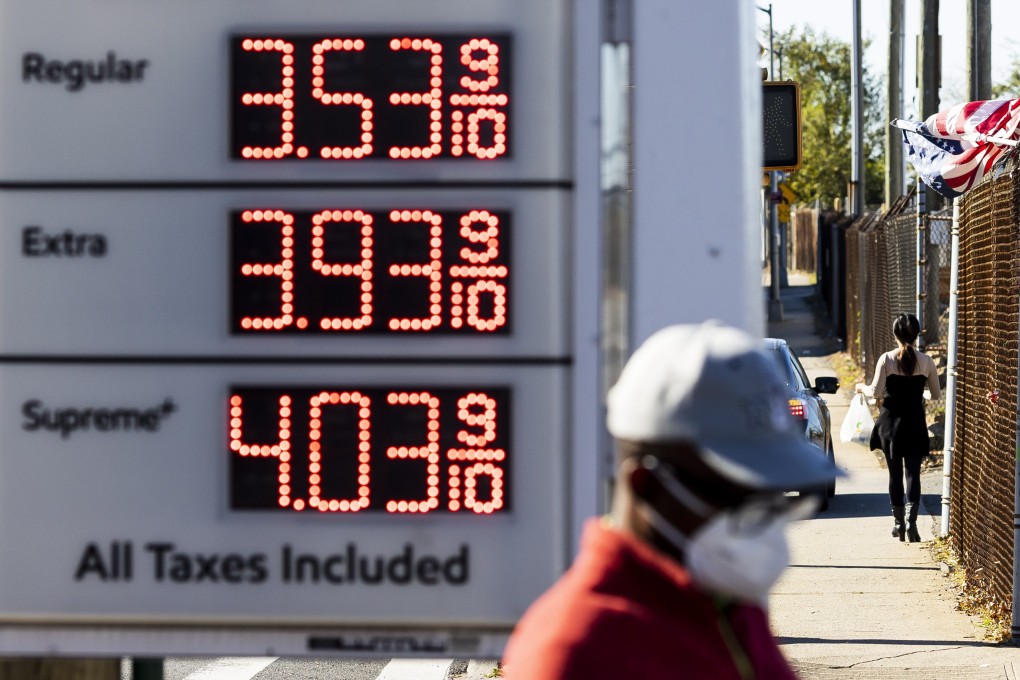Macroscope | Scary as it is, the argument that inflation is here to stay is winning
- As the IIF warns of a global inflation storm, the fear is that raising interest rates in response could spark a recession – when governments and central banks are out of ammunition

The inflation debate continues to rage and the Institute of International Finance (IIF), an association of many of the world’s biggest financial institutions, is talking of a “perfect global inflation storm”. Inflation has moved from the realm of fantasy into the realm of fear.
Let us suppose that inflation continues to accelerate rather than abate, and that rises in interest rates to halt its progress create a financial and “real” economic recession with a slump in stock markets, real estate and other markets, as well as in economic activity and employment.
If further monetary stimulus were to be applied in such circumstances, it would be tantamount to “piling sin upon sin” (to quote a Biblical phrase from Isaiah) – and it simply would not work anyway. You cannot reinflate a burst bubble by blowing into it.
As for further fiscal stimulus, governments have borrowed to the hilt to finance Covid-19 handouts and are in no position to play the white knights in a recession. We are about at the end of the road when it comes to “financing” our way out of trouble.

